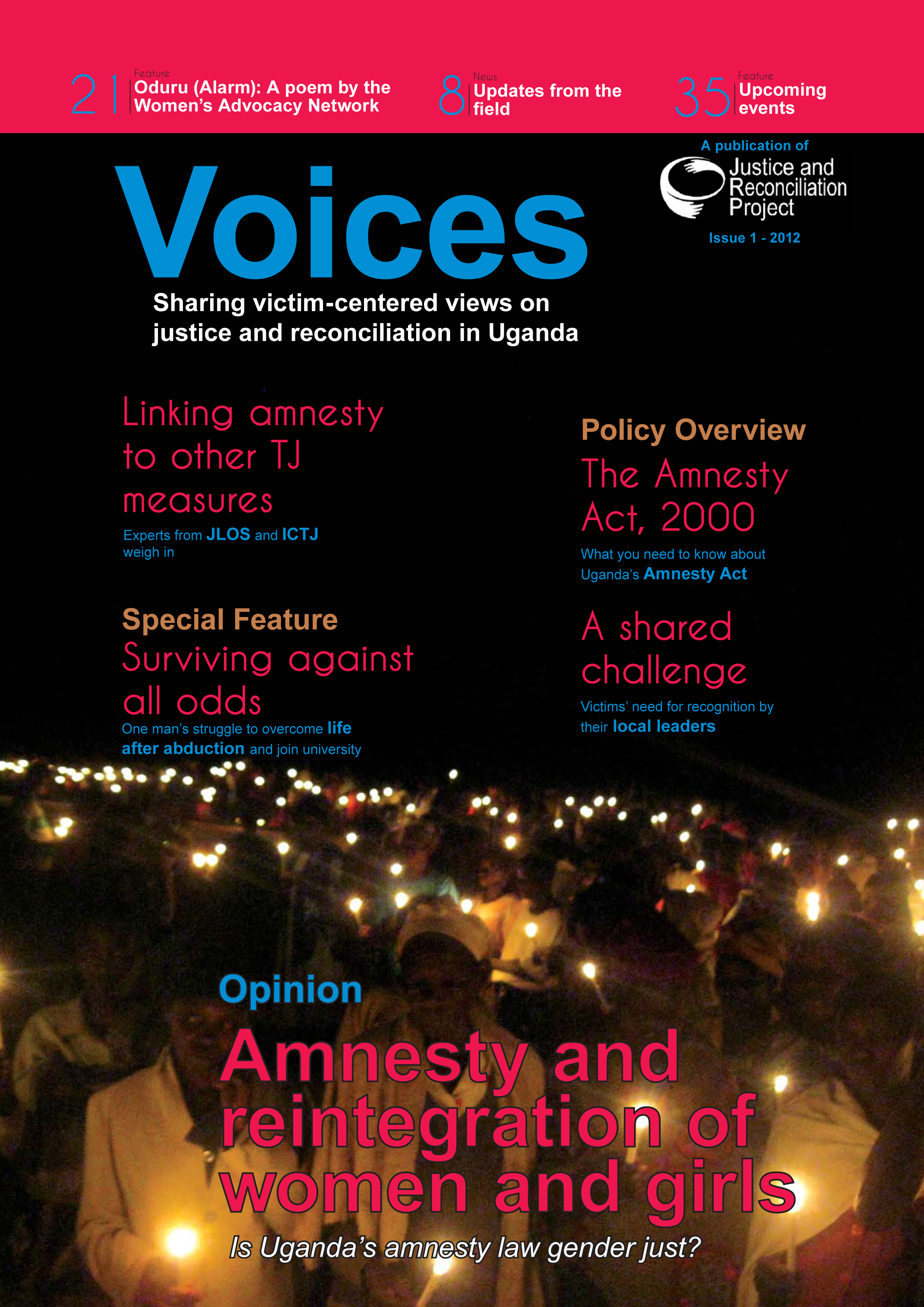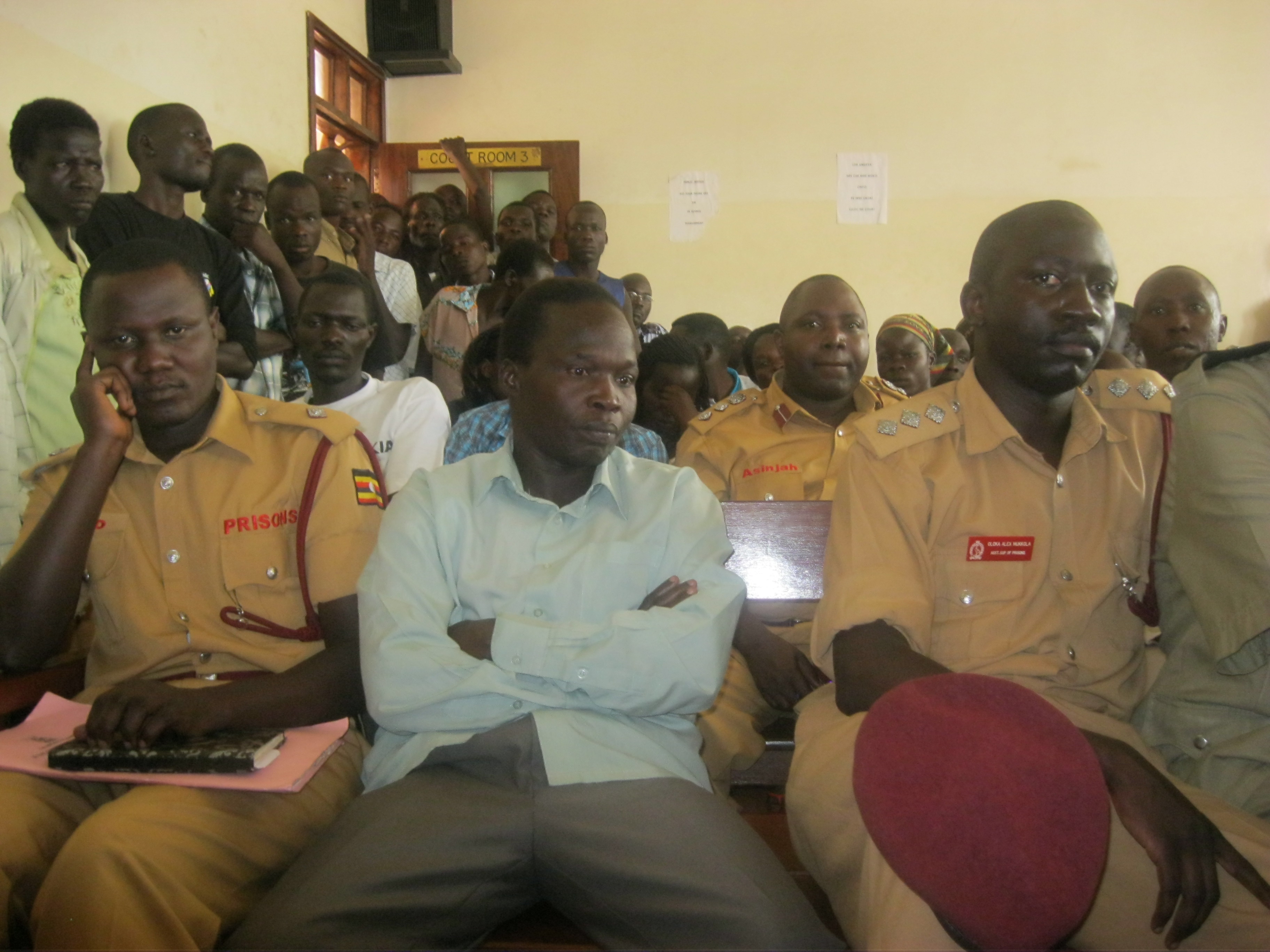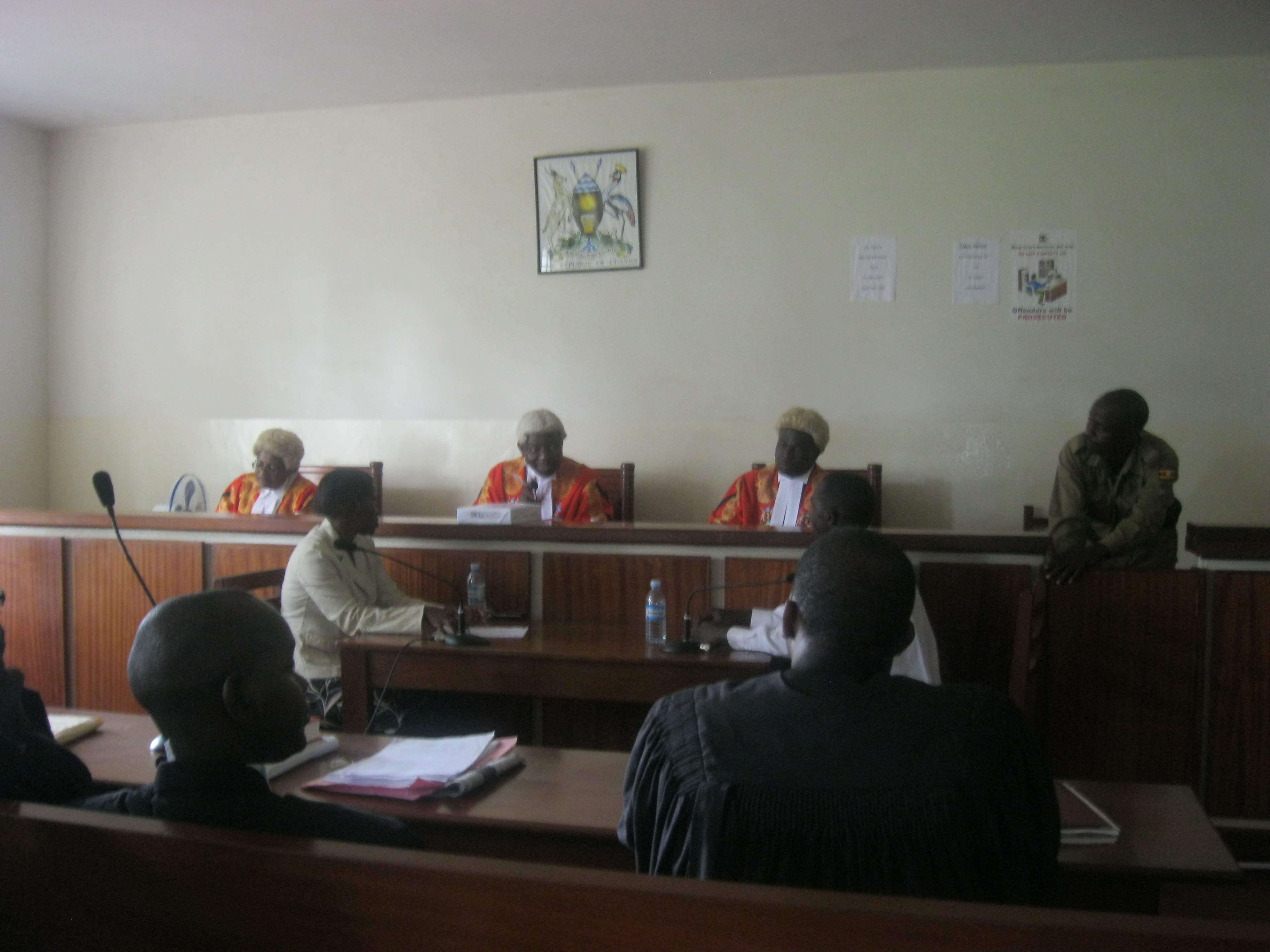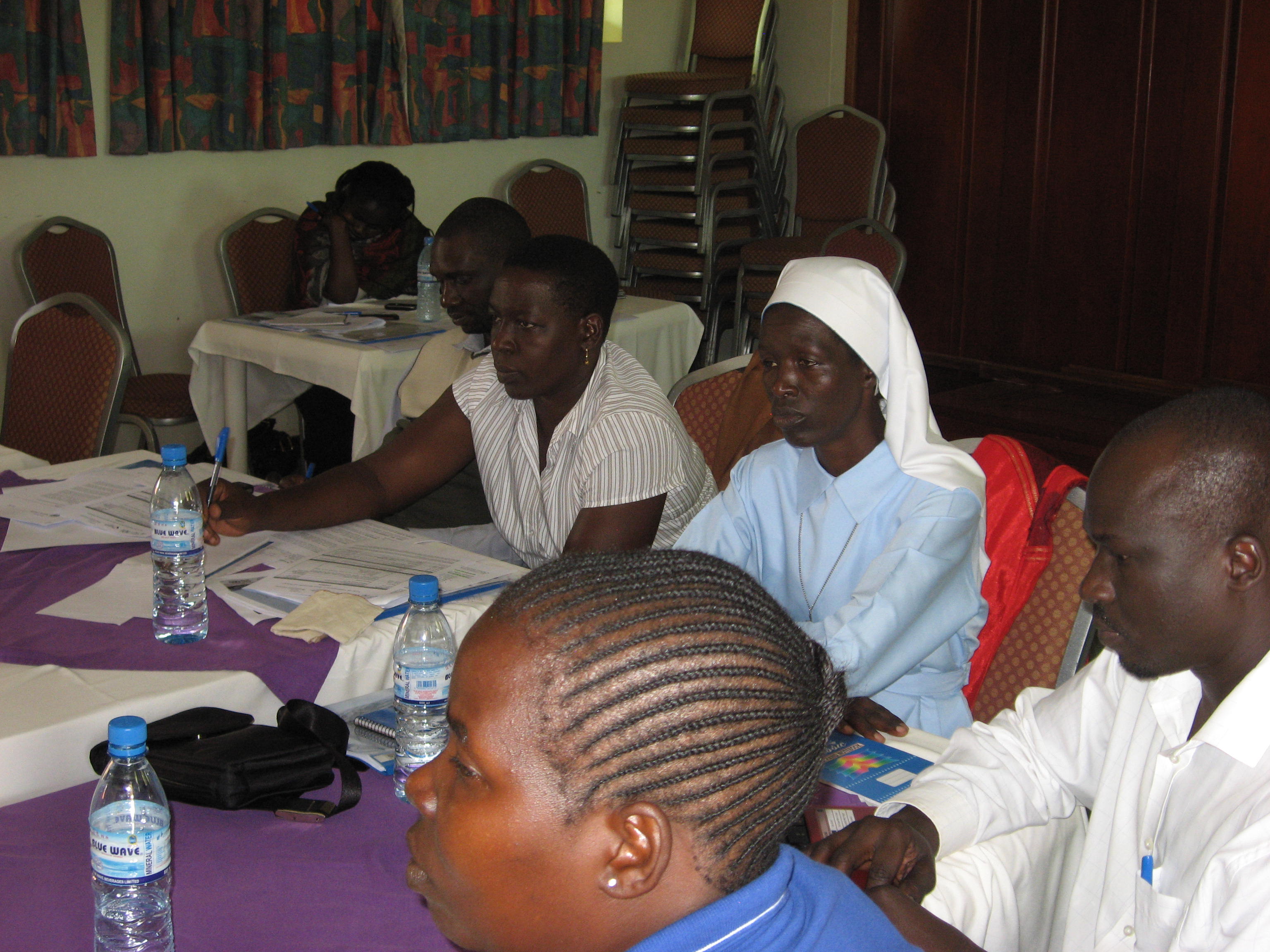PRESS RELEASE WEDNESDAY, MARCH 20, 2019
GULU – On Friday, March 22, 2019, Justice and Reconciliation Project with Funding from Trust Africa, under the auspices of the International Criminal Justice Fund will hold a national dialogue on SGBV redress mechanism in the capital Kampala.
The event shall take place at the Parliamentary lounge (conference hall under the theme;
“Ensuring that the appropriate strategies are used by the central government in meeting the needs of conflict-affected SGBV victims in northern Uganda’’
The objectives are as follows;
- Inform the central government on the specific needs of the victims of conflict SGBV in Northern Uganda.
- Strengthening policy and programs regarding re-construction, in order to address the transitional challenges affecting conflict SGBV victims.
- Developing appropriate strategies tailored towards meeting the transitional justice needs of war-affected women and children in Northern Uganda.
The conference followed an earlier regional dialogue that was held in October 2018 between conflicts SGBV victims of local Government Officials from Greater Northern Uganda.
There were common positions that were agreed at in addressing the transitional gaps of war-affected women and their children.
In moving the debate to a national level and in concretizing the motion moved and adopted in parliament on 13th, the victim’s community from the four sub-regions; Acholi, Teso, Lango and West Nile who were affected by war together with leaders from greater northern Uganda will also be given opportunity to share their specific needs and strategies that the central government can adapt to ensure access to justice and reparation to the affected women and their children.
Building upon lessons learned from the regional dialogue, leaders from the local government will again be given a platform to share:-
- Possible programs that can help in the reconstruction of the lives of victims of SGBV which central government can adopt
- Challenges local government officials face in working with partners and the victims’ community which central government should support them with
- Different strategies that can be adapted to meet the TJ needs of conflict-affected SGBV victims in Northern Uganda
The conference is expected to bring together a diversity of participants including local government leaders, the central government leaders, CSOs/ NGOs, members of parliament, the victim’s communities to discuss issues that are closed to their hearts.
To join the conversation at the National Conference, interested participants are asked to follow us on Facebook, facebook@justiceandreconciliation.com, twitter: @talk_ug











